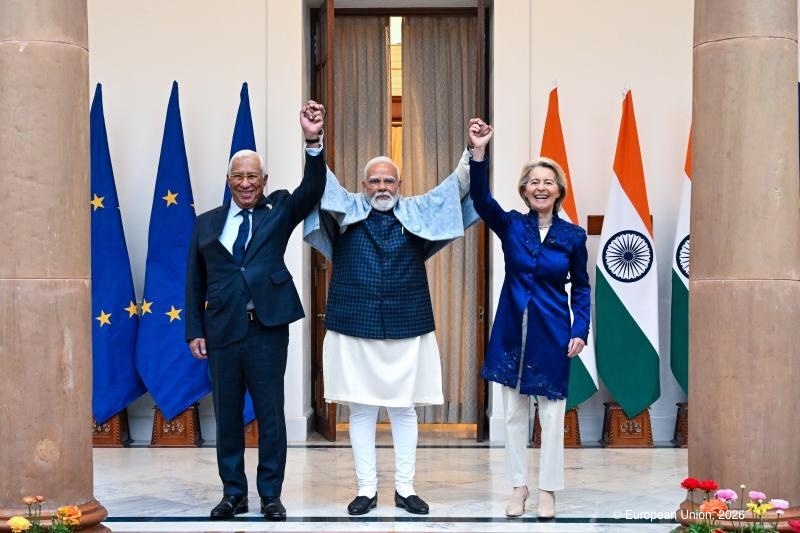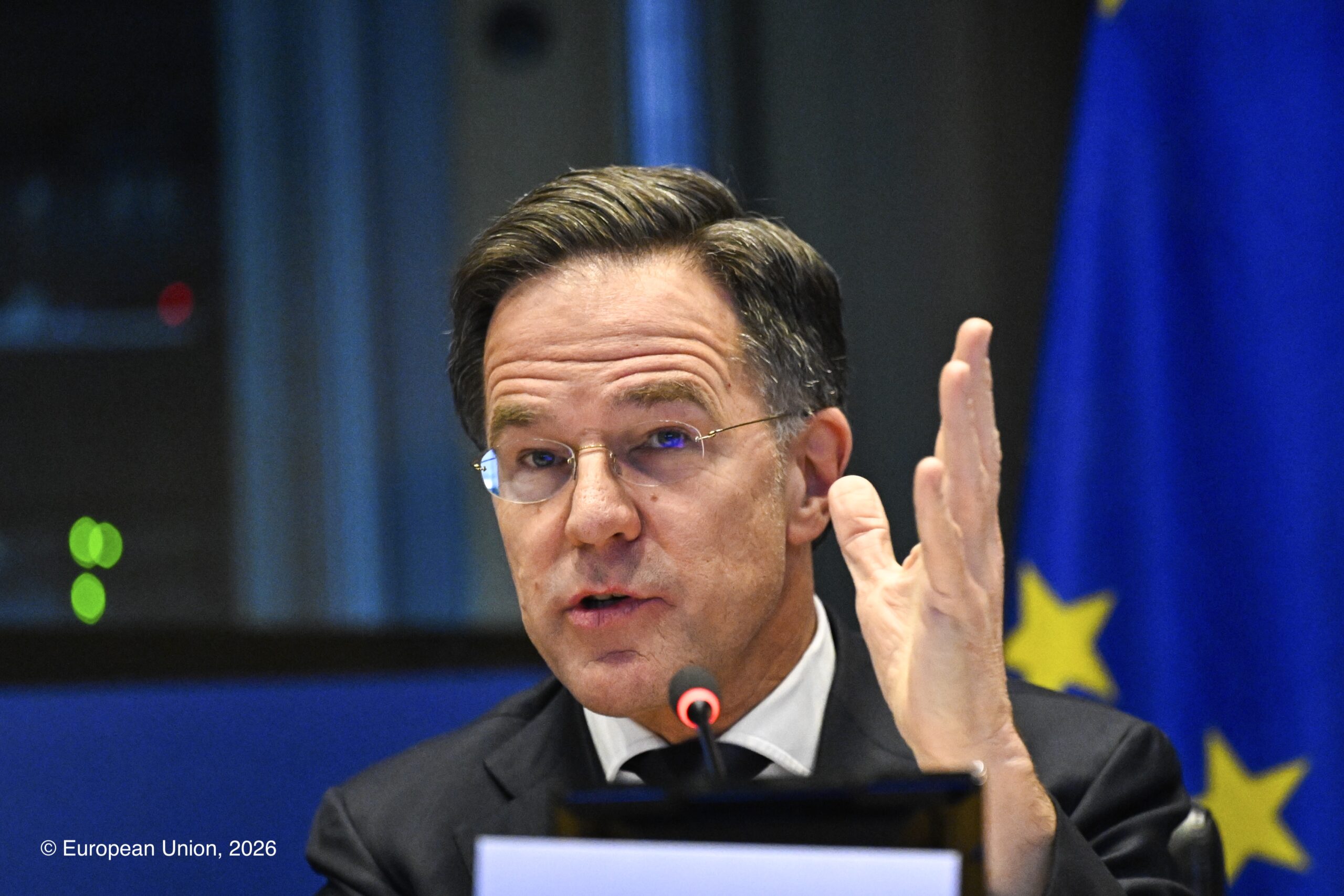On Wednesday (16 April), EU Member States endorsed draft measures under the ‘Invest EU programme’ to unlock approximately €50 billion in fresh public and private funding for key projects. Agreed as part of the Commission’s “Omnibus Simplification Package,” these proposals will raise EU‑level guarantee funds by €2.5 billion, streamline existing rules and cut bureaucracy, with a provisional deal expected soon following negotiations with the European Parliament.
Why this push for simplification?
EU leaders have repeatedly warned that complex regulations and red tape hamper growth—especially for SMEs, which account for over 99 per cent of businesses in the EU. In 2024 reports by Enrico Letta and Mario Draghi urged a “simplification revolution”, echoed in the Budapest Declaration of November 2024. Simplifying ‘Invest EU’ is intended to make it easier for firms to tap into finance for clean industry, defence, digital infrastructure and other strategic priorities, strengthening Europe’s competitiveness in an increasingly turbulent global economy.
Key Changes to Invest EU
- The EU budget guarantee for Invest EU will rise from €26.1 billion to €28.6 billion, enabling roughly €2.5 billion in additional leverage of private funds.
- Member States may now combine the Invest EU guarantee with capacity under three legacy programmes: the European Fund for Strategic Investments (EFSI), the Connecting Europe Facility (CEF) debt instrument and the InnovFin debt facility (an initiative of the European Investment Bank group supporting research and innovation). Pooling resources is expected to unlock a further €25 billion.
- Reporting requirements for implementing partners, financial intermediaries and final recipients will be scaled back, saving an estimated €350 million in compliance costs.
- The definition of an SME is refined, and the number of performance indicators for small‑scale operations (under €100 000) is reduced.
- Reporting obligations will shift from semi‑annual to annual, freeing up time and resources.
- A dedicated “member‑state compartment” will allow individual countries to channel ‘Invest EU’ support towards nationally defined priorities, making the programme more responsive to local needs.
Next Steps
With the mandate secured, the Council presidency will enter into trilogue negotiations with the European Parliament to agree on a final text. These interinstitutional talks are expected to conclude by mid‑summer 2025, enabling formal adoption and implementation before the end of the year.

